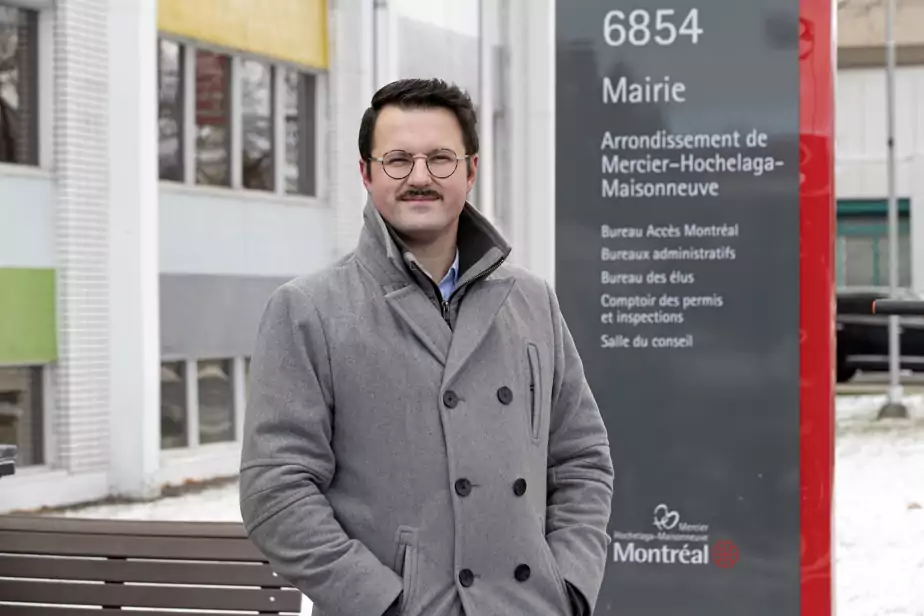The municipal administration of Mercier-Hochelaga-Maisonneuve (MHM), a neighborhood in the east end of Montreal, has launched a pilot project over the past two years to space out garbage collection to every two weeks, in order to "promote composting". This would replace the current weekly schedule by 2024. This policy is becoming more common in large cities, and may result in significant budget savings at the expense of sanitation.
Victor Wong Seen-Bage, political staffer to Mayor Pierre Lessard-Blais, openly admitted to North Star that "we do hope to take advantage of potential savings" when renegotiating collection contracts with subcontractors. In keeping with the borough's general rhetoric on this issue, he said that "this is not the primary reason motivating us to move forward with such a measure." Rather, the borough is presenting its plan as a green measure.
When asked about possible job losses as a result of the generalization of this measure, Mr. Seen-Bage skirted the issue by stating that "the modification of the contracts will not lead to a reassignment of personnel within the City of Montreal" then justifying himself by explaining that it "deals with private companies for the management of residual materials." It would be surprising, however, if these companies could continue to operate without layoffs.
The results of the pilot experiment conducted in the districts of Tétreaultville and Maisonneuve-Longue-Pointe showed an increase of 15% in the amount of food waste recovered, but a still low participation rate of 55% in composting. Only one consultation evening, in which as few as 23 residents took part, was subsequently conducted. This did not prevent the administration from congratulating itself on these results and from generalizing this measure throughout the borough by 2024.
Many citizens are far from sharing this enthusiasm. During the summer, the accumulation of garbage attracts vermin and creates unbearable odors. Residents also complain about the lack of storage space for compost bins in buildings with nine or more units. On social networks, a resident of another neighborhood explained: "I lived with a baby in diapers with garbage every two weeks, and it's not nice. If you miss a pickup, it takes a hazmat suit to wash the trash afterwards."
The administration is enthusiastically promoting its reusable diaper subsidy program as a solution for young families. A quick assessment of the program reveals some glaring flaws: the $100 offered is, at best, enough to buy a dozen cloth diapers. According to Pampers, this is the number of diapers a newborn will use per day.

"I'm afraid," says one borough resident. "If I put my garbage out any time that isn't the day before collection, flies, their eggs, and larvae are picking up in there. I'm really not looking forward to this summer." Another adds that he believes "Westmount is not going to have this imposed on them... There's a reason it starts with Hochelaga." Westmount is historically the wealthiest neighborhood in Montreal, as opposed to Hochelaga, which is historically working class and poor.
When asked about the borough's desire to avoid burdening residents with the over-packaging and high waste production caused by large businesses, Victor Wong Seen-Badge dodged by stating that "large Canadian cities have adapted very well to bi-weekly garbage collection even though there is no difference in the supply of products and in the consumption habits of its residents."
- Savings at the expense of sanitation
- Borough mayor blames residents for consequences of service cuts


